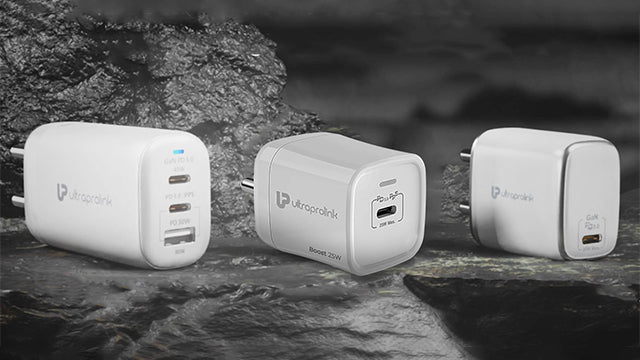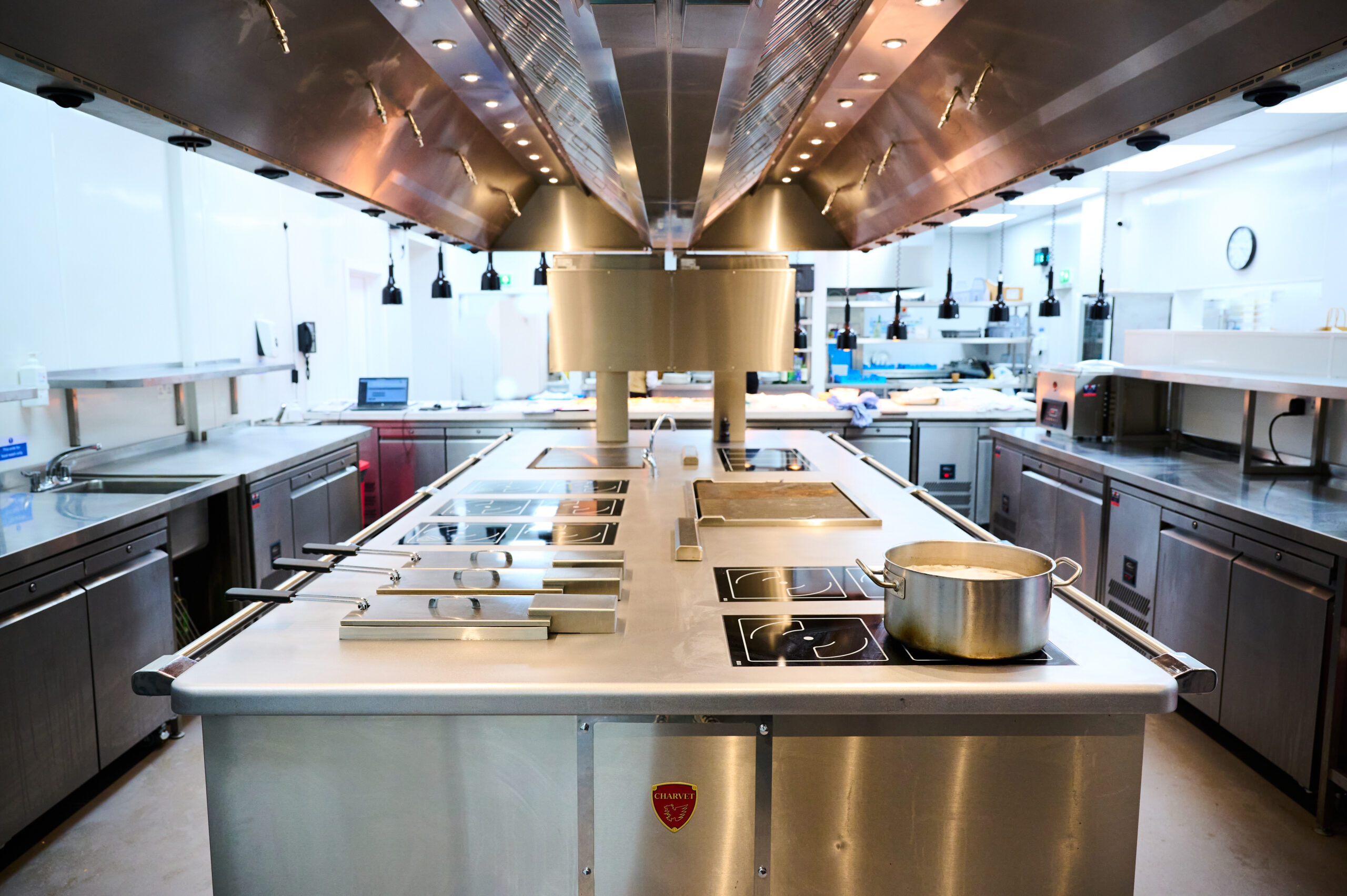The Role of Smart Kitchen Appliances Market in Reducing Food Waste: Innovations and Trends Shaping the Future

Strong 8k brings an ultra-HD IPTV experience to your living room and your pocket.
Introduction:
As global awareness of sustainability continues to grow, food waste has emerged as one of the most pressing challenges for both consumers and industries alike. The Smart Kitchen Appliances Market is experiencing remarkable growth, not only due to the demand for convenience and efficiency but also because of the increasing recognition of the role that innovative technology can play in tackling food waste. By incorporating cutting-edge technologies, smart kitchens are poised to revolutionize the way we store, prepare, and consume food, ultimately reducing waste and promoting sustainability.
The Growing Concern of Food Waste
Globally, an estimated one-third of all food produced is wasted every year, amounting to around 1.3 billion tons of food. This waste has a significant impact not only on the environment but also on the economy, with billions of dollars in losses annually. Food waste also contributes to greenhouse gas emissions, as organic waste decomposes in landfills and generates harmful methane. Reducing food waste has become a top priority for governments, businesses, and consumers alike.
Smart Kitchens: A New Frontier in Sustainability
Smart kitchens integrate modern Internet of Things (IoT) technology, artificial intelligence (AI), and machine learning (ML) into everyday kitchen appliances, transforming them into more efficient, user-friendly, and intelligent devices. These innovations not only improve cooking, storing, and cleaning experiences but also play a significant role in reducing food waste.
Here are some of the key features of smart kitchens that contribute to waste reduction:
1. Smart Refrigerators: Better Food Management and Expiry Tracking
One of the most common sources of food waste in households is poor food management, such as forgetting about food items in the fridge until they spoil. Smart refrigerators are addressing this issue by providing enhanced functionality that allows users to track food inventory, manage expiration dates, and receive alerts when products are nearing their expiration.
Smart refrigerators, such as those offered by brands like Samsung, LG, and Whirlpool, come with internal cameras and smart sensors that monitor the contents of the fridge. Using a mobile app, users can see the items in their fridge in real time, make shopping lists, and even receive notifications when they need to use up food before it goes bad. Some models, like the Samsung Family Hub, can suggest recipes based on available ingredients, ensuring that food is used up efficiently before it expires.
Additionally, some smart fridges are designed to automatically adjust their internal temperature and humidity levels based on the type of food stored, ensuring optimal storage conditions that can extend the shelf life of perishables like fruits, vegetables, dairy, and meats.
2. Smart Pantry Systems: Preventing Over-Purchasing and Expiration
The advent of smart pantry systems is another innovation that helps reduce food waste by offering real-time tracking of pantry items. These systems monitor stock levels, ensure accurate inventory, and provide reminders when it’s time to restock or use up items before they expire.
For example, PantrySense, a smart pantry system, uses RFID tags or QR codes to track food items stored in a pantry. These systems are connected to mobile apps, allowing users to maintain an up-to-date list of what’s in their pantry. By alerting users to the presence of items about to expire or those that have been sitting unused for a while, these systems help to prevent the over-purchasing of food and encourage more mindful consumption.
In combination with smart refrigerators, these pantry systems ensure that consumers can make informed decisions about what to cook and avoid buying duplicate or unnecessary items, which ultimately reduces waste.
3. AI-Powered Cooking Appliances: Customizing Recipes to Minimize Waste
AI-powered kitchen appliances, such as smart ovens and smart cooktops, are transforming the cooking process by offering tailored solutions that prevent food waste. These appliances use AI and machine learning algorithms to provide personalized cooking experiences based on user preferences, dietary needs, and available ingredients.
For example, a smart oven may adjust cooking temperatures and times based on the type of dish being prepared, reducing the risk of overcooking or undercooking food. Additionally, some smart cooktops, like Induction Cooktops, offer precise control over heat levels, ensuring that food is cooked to perfection and reducing the likelihood of food waste due to cooking errors.
Moreover, smart recipe apps can integrate with smart cooking appliances to suggest recipes based on available ingredients, thus helping to use up leftover food before it goes to waste. The ability to create meals with the exact quantity of ingredients needed reduces food waste and encourages better meal planning.
4. Food Waste Disposal Solutions: Turning Waste into Fertilizer
Some smart kitchen appliances focus directly on reducing food waste by providing efficient disposal solutions. Smart waste disposal units—such as food waste disposers and composters—are gaining popularity in modern kitchens. These systems make it easier for consumers to dispose of food scraps, organic waste, and peels in a way that is more environmentally friendly.
For instance, incinerators are food waste disposers that are designed to grind food waste and send it through the plumbing system, reducing the need for landfill disposal. Some models even come with advanced sensors that monitor the volume of food waste and offer feedback on how to reduce waste by consuming more efficiently.
Additionally, smart composters are emerging as a sustainable solution for disposing of food scraps. These devices break down food waste into nutrient-rich compost, which can be used to fertilize gardens. Composting helps divert food scraps from landfills, reducing greenhouse gas emissions and creating a circular system for food production.
5. Smart Waste Tracking and Analytics
Another emerging trend in the smart kitchen market is the use of waste-tracking technology to help consumers monitor and analyze their food waste. These technologies use sensors and analytics to track the volume of food waste generated in the kitchen and provide detailed insights into waste patterns.
For example, SmartBins or waste trackers are becoming increasingly common in smart kitchens. These devices can measure food waste and generate reports that highlight the types of food most commonly wasted, allowing consumers to make more informed decisions when shopping or preparing meals. By using this data, users can adjust their consumption habits and focus on buying only the quantities of food they will actually use, thereby reducing waste.
Innovations and Trends in the Smart Kitchen Appliances Market
Several trends and innovations in the smart kitchen appliances market are driving the push for sustainability and food waste reduction:
1. Increased Integration of AI and IoT
AI and IoT technologies are at the heart of smart kitchen appliances, enabling seamless integration between devices and providing advanced features that help reduce food waste. The ability of these devices to "learn" from user behavior and make personalized suggestions ensures that food is used efficiently and waste is minimized.
2. Sustainability-Focused Design
With consumers becoming increasingly concerned about sustainability, many kitchen appliance manufacturers are adopting eco-friendly design principles in their products. These appliances use fewer resources, such as water and energy, and are built to last longer, reducing the overall environmental impact of kitchen appliances.
3. Voice-Control and Remote Monitoring
Voice-controlled smart appliances, integrated with systems like Amazon Alexa and Google Assistant, allow consumers to control their kitchen appliances hands-free, making it easier to manage meal preparation and food storage while minimizing waste. Additionally, the ability to remotely monitor appliances via mobile apps ensures that consumers can manage food inventory and meal planning from anywhere.
4. Collaboration with Food Delivery Services
In some cases, smart kitchen appliances are also being integrated with food delivery services to further reduce waste. For instance, smart refrigerators may suggest meals based on what is inside the fridge, and consumers can easily order missing ingredients directly through the appliance’s interface.
The Future of Smart Kitchens in Reducing Food Waste
As the smart kitchen appliances market continues to grow, we can expect even more advanced technologies and innovations that will further help consumers tackle the issue of food waste. With increased awareness of sustainability and rising demand for energy-efficient, eco-friendly products, smart kitchen appliances will play a key role in shaping a more sustainable food ecosystem.
The future will likely see a deeper integration of blockchain technology for traceability, AI for real-time recipe recommendations, and smart waste disposal systems that continue to minimize food waste while promoting environmental stewardship. The continued evolution of smart kitchens will make food waste reduction easier, more accessible, and more integrated into daily life.
Conclusion
The smart kitchen appliances market is at the forefront of efforts to reduce food waste, offering innovative solutions that help consumers make smarter, more sustainable food choices. From smart refrigerators that track inventory and expiration dates to AI-powered ovens that ensure efficient cooking, smart kitchens are playing a crucial role in minimizing waste and promoting sustainability.
As IoT, AI, and sustainability trends continue to shape the smart kitchen landscape, we can expect even more innovations that will empower consumers to reduce food waste and make a positive impact on the environment. The integration of smart technologies into the kitchen is not just about convenience—it’s about creating a smarter, more sustainable world.
Note: IndiBlogHub features both user-submitted and editorial content. We do not verify third-party contributions. Read our Disclaimer and Privacy Policyfor details.







